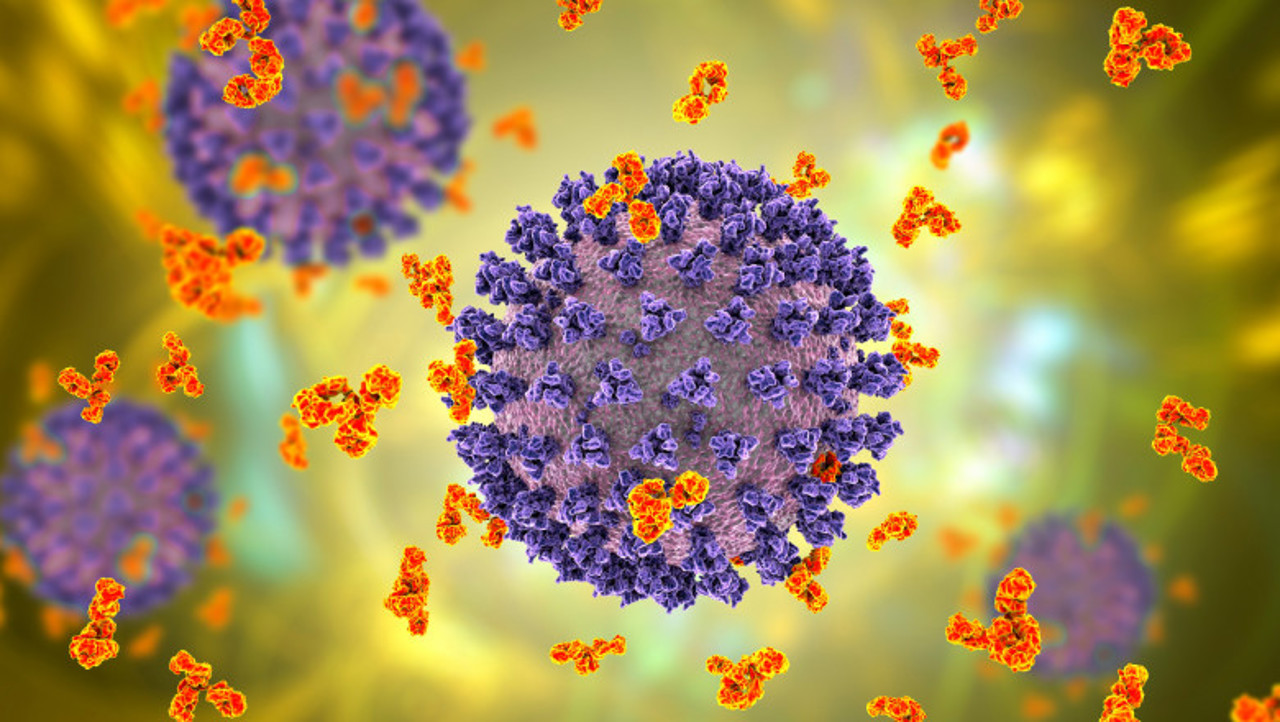WHO report: The covid-19 pandemic reduced life expectancy by almost two years in the period 2019-2021
The latest edition of the World Health Statistics released by the World Health Organization (WHO) reveals that the COVID-19 pandemic reversed the trend of steady gain in life expectancy at birth and healthy life expectancy at birth (HALE), reads a press release of the WHO.

The pandemic wiped out nearly a decade of progress in improving life expectancy within just two years. Between 2019 and 2021, global life expectancy dropped by 1.8 years to 71.4 years (back to the level of 2012). Similarly, global healthy life expectancy dropped by 1.5 years to 61.9 years in 2021 (back to the level of 2012).
The 2024 report also highlights how the effects have been felt unequally across the world. The WHO regions for the Americas and South-East Asia were hit hardest, with life expectancy dropping by approximately 3 years and healthy life expectancy by 2.5 years between 2019 and 2021. In contrast, the Western Pacific Region was minimally affected during the first two years of the pandemic, with losses of less than 0.1 years in life expectancy and 0.2 years in healthy life expectancy.
“There continues to be major progress in global health, with billions of people who are enjoying better health, better access to services, and better protection from health emergencies,” said Dr Tedros Adhanom Ghebreyesus, WHO Director-General. “But we must remember how fragile progress can be. In just two years, the COVID-19 pandemic erased a decade of gains in life expectancy. That's why the new Pandemic Agreement is so important: not only to strengthen global health security, but to protect long-term investments in health and promote equity within and between countries.”





